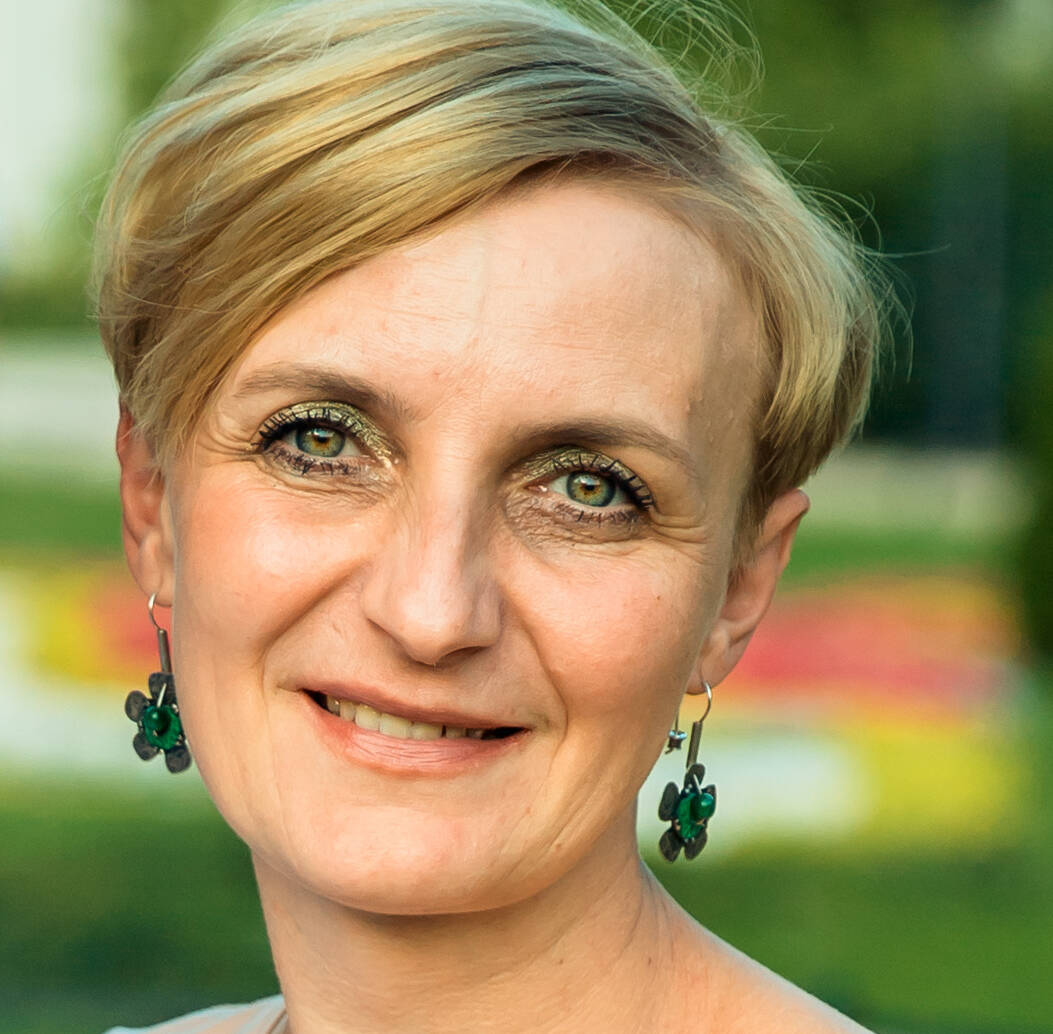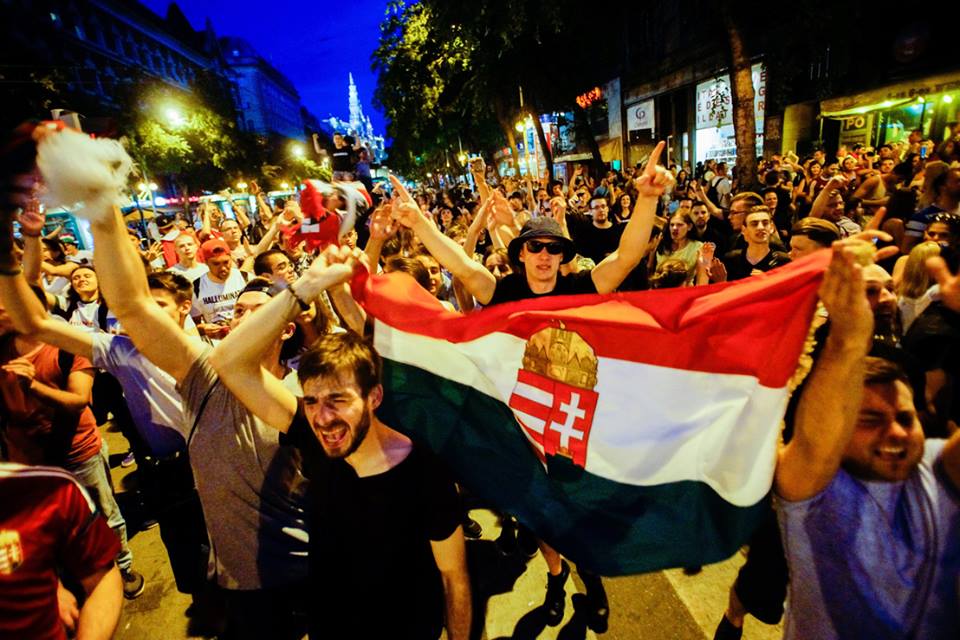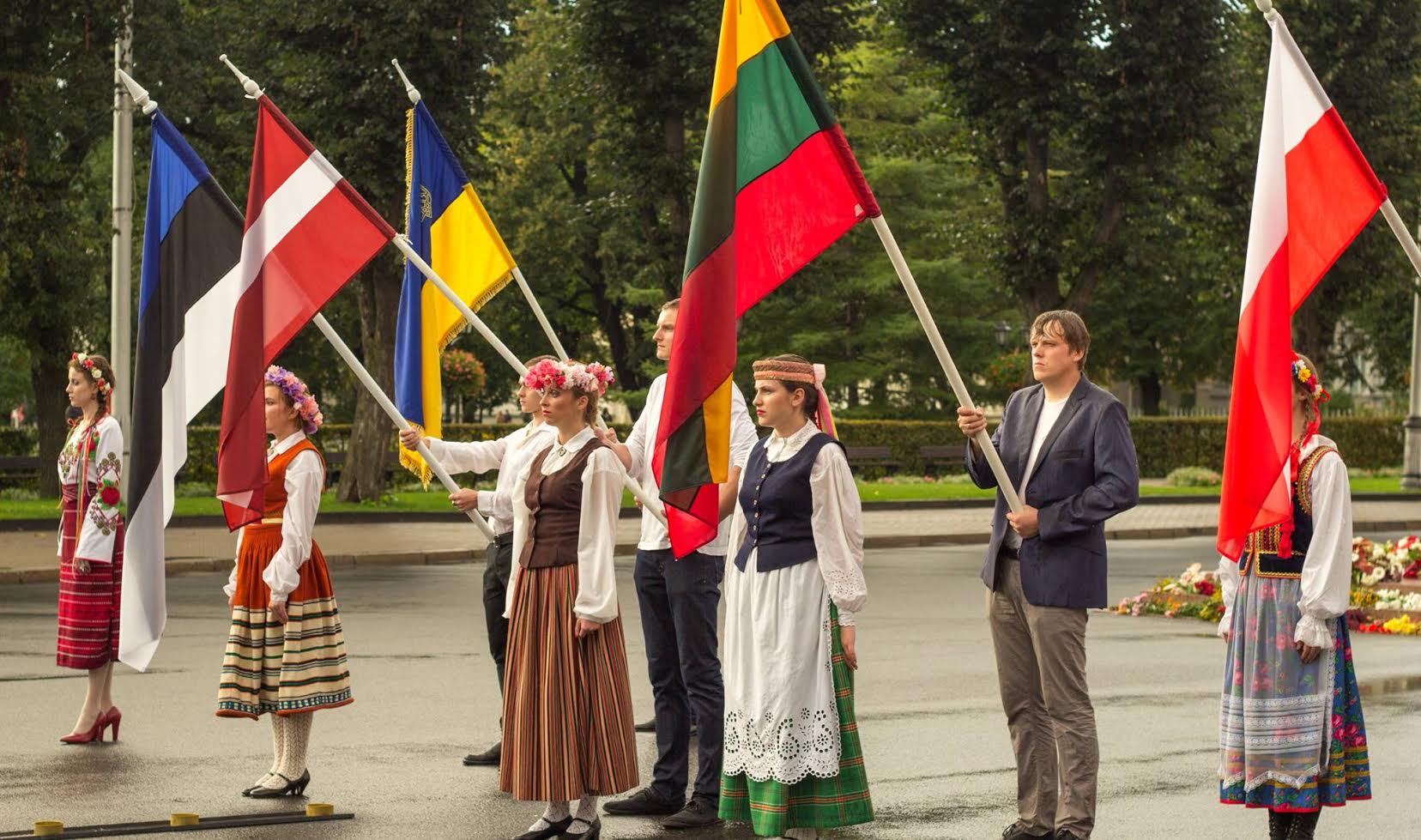Poland – On September 12 in Warsaw, Cardinal Stefan Wyszyński, Archbishop of Warsaw and Primate of Poland in the years 1948–1981, will be proclaimed Blessed. The ceremony, so eagerly awaited by Poles, was to take place in May last year. However, because of the Covid pandemic, it was postponed until this year. The canonical process for the beatification of the former Primate of Poland had been opened in 1989 at the initiative of John Paul II, his friend and closest former collaborator. On the same day as Stefan Wyszyński, the circle of the blessed of the Catholic Church will be joined by Mother Elżbieta Róża Czacka, who cared for the blind in Laski and was very close to Wyszyński from the 1920s until her death in 1961.
Cardinal Wyszyński is undoubtedly one of the most revered figures of the Polish Church today. Not only did he prepare his country for the celebrations of the millennium of the baptism of Poland in 1966, in the midst of the communist regime, but he is also considered by his fellow countrymen to be the most eminent primate in the history of the Polish Church. These two circumstances earned him the right to be called “Primate of the Millennium”.
Stefan Wyszyński was born in 1901 in Zuzela, in the Podlaskie region, about 100 kilometres from Warsaw. In 1920 he entered the major seminary in Włocławek, where he received his priestly ordination four years later. On 5 August 1920, he celebrated his first Mass in the Chapel of the Virgin Mary in Częstochowa, where the famous miraculous icon of the Black Madonna is located. In 1925–1929 he continued his studies at the Catholic University of Lublin in the Faculty of Canon Law and Social and Economic Sciences. During his studies, he exercised a pastoral ministry to students and seminarians. He also made a long study trip through Western Europe, during which he was particularly interested in the problems of trade unions, Catholic working youth organisations and, above all, social doctrines and movements. In the 1930s he taught canon law and social sciences at the higher seminary, he organised the Workers’ Christian University in Włocławek, over which he presided, and from 1931 he edited the magazine for Catholic priests in Poland, “Priestly Athenaeum” (Ateneum Kapłańskie), which was known for the high quality of its content. In 1939, Father Wyszyński was appointed by the Polish Primate August Hlond as a member of the Social Council to advise him.
When World War II broke out, at the request of his bishop, Wyszyński left Włocławek. He hid in Wrociszewo, then in Laski, near Warsaw, and then in Zakopane, in the mountains of southern Poland. During the Warsaw Uprising of 1944, he served as chaplain to the “Kampinos” group of the Home Army (AK) operating in and around Laski (near Warsaw), as well as chaplain of the insurgent hospital in Laski. Immediately after the war, Father Wyszyński returned to Wloclawek and began to reorganise the seminary which had been destroyed. In 1945 he became rector of that seminary.
In 1946, Pope Pius XII made him bishop of the diocese of Lublin. Two years later, in 1948, after the death of Cardinal August Hlond, who is also undergoing a beatification process, Bishop Stefan Wyszyński became Archbishop of Gniezno and Warsaw, Primate of Poland. In his pastoral letter for the day of his ingress, the new archbishop wrote: “I am not a politician or a diplomat, nor am I an activist or a reformer. However, I am your spiritual father, the shepherd and bishop of your souls, I am an apostle of Jesus Christ…”
He started his mission in very difficult times, during the Stalinist era. From the beginning he tried to find a modus vivendi for the Church in communist Poland. He chose the path of a signed agreement with the government, which, in the absence of a constitution, was supposed to govern relations between the Church and the state. This agreement would never be respected by the Polish communists. In 1953, Stefan Wyszyński, as a newly appointed cardinal, was denied a passport to travel to the consistory in Rome. Persecution of the Church intensified, arrests of bishops and priests increased, and the government sought to interfere in appointments to ecclesiastical posts. The cardinal then published his famous pastoral letter addressed to the authorities of the Polish People’s Republic in the name of the episcopate: “We will follow the voice of our apostolic vocation and of our priestly conscience, walking with inner peace and with the awareness that we have not given the slightest reason for persecution, that suffering becomes our lot not for anything else, but for the cause of Christ and of the Church of Christ. We must not sacrifice the things of God on the altar of the emperor. Non possumus!”
A few months later, Cardinal Wyszyński was arrested and deported from Warsaw. He was detained successively in Rywałd Królewski near Grudziądz, in Stoczek Warmiński, in Prudnik near Opole, and in Komańcza in the Bieszczady, a mountainous region in the south-eastern tip of Poland best known for its wild nature.
It was in Komańcza that the Primate of Poland wrote the text of the Renewed Vows of the Nation on 16 May 1956, which were solemnly declaimed in Jasna Góra on 26 August 1956 by a million pilgrims and the Polish episcopate. On 26 October 1956 Stefan Cardinal Wyszyński was eventually released. He returned to Warsaw in a climate of great joy and hope for the Church in Poland. In the years 1957–1965, he led the Great Novena before the Millennium Jubilee of the baptism of Poland. It was a programme of spiritual renewal of the Polish nation, with retreats that extended over a period of nine years, during which the primate tirelessly preached the word of God throughout Poland. It was on his initiative that the Visitation of a copy of the icon of the Black Virgin from Jasna Góra began in all Polish parishes.
On the eve of the millennium of the baptism of Poland, he sent a letter to the German bishops in the name of the Polish episcopate, inviting them to the joint celebration of the jubilee with the words: “We forgive and we ask for forgiveness.” In the 1960s, the Primate of Poland actively participated in the work of the Second Vatican Council, bringing in the valuable experience of the Church in Poland, and he took part in successive conclaves in the 1960s and 1970s.
The last conclave at which Cardinal Wyszyński was present, in 1978, elevated to the throne of St. Peter his close friend, who had been expected to succeed him: the Archbishop of Krakow, Karol Wojtyła, who took the name of John Paul II. A year later the Primate of the Millennium had the joy of receiving the Polish Pope in Poland during his first pilgrimage to his homeland. In the 1970s, and even more so in the period of Solidarity’s emergence, Cardinal Wyszyński wielded great authority among Catholics and was perceived as a guarantor of balance and social peace in Poland. Concerned for his country and the good of the people, he consistently called for accountability from those in power and the opposition. He passed to God on 28 May 1981, on the solemnity of the Ascension of the Lord.
His funeral took place on 31 May in Warsaw and was one of the greatest religious and patriotic events in post-war Poland. According to communist sources, the funeral mass was attended by about 120,000 people, while independent observers put the number at half a million.
Unfortunately, this will not be the case for the Millennium Primate’s beatification ceremony. For reasons related to the Covid pandemic, the number of participants has been limited to 8,000 people. They will be scattered in several sectors and will have to keep a distance of at least one and a half metres between them. Spontaneous participation in the beatification Mass will not be possible, as all the faithful and celebrants must have a special invitation issued by parishes. The rest of the faithful are asked not to gather on this occasion and are invited to follow the celebration on television.




